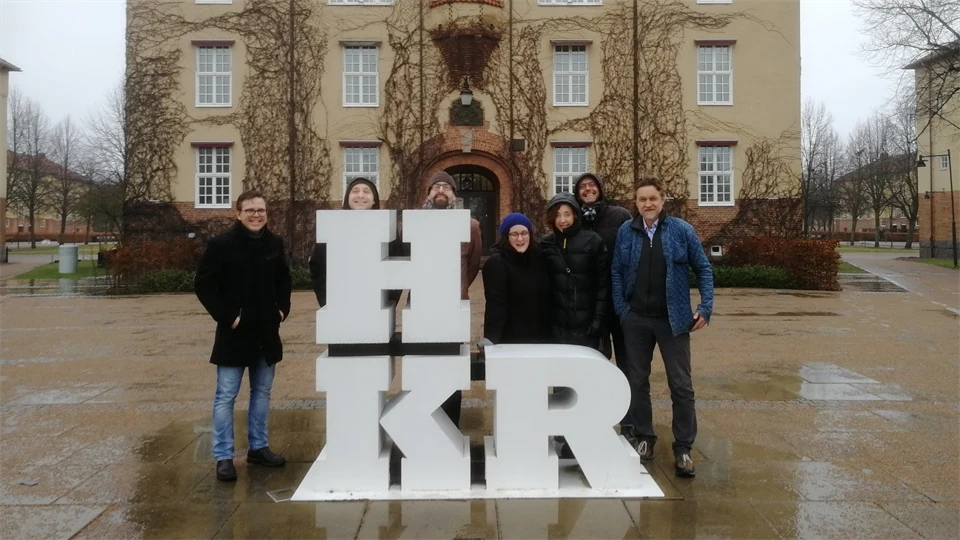Study visit to Kristianstad: Sharing experiences and initiating cooperation
Team members from the project Enhancing Entrepreneurship in Rural Areas through Local Food Systems recently embarked on a two-day study visit to Kristianstad University (HKR). The purpose of the visit was to learn more about HKR’s Kamprad-funded project Outdoor Recreation, Hospitality, and Rural Development: From Covid-19 to Sustainable Futures, to share experiences and preliminary findings, and to explore opportunities for cross-project synergies.
The visit included a tour of HKR’s gastronomy sciences programme and associated laboratory facilities along with in-depth presentations about the research activities currently underway within each project. The visit also included discussions about related work that each team is doing along with a mutual commitment to explore a joint publication that would span both projects.
What are key similarities between the two projects?
“Both of the projects are connected to small and micro business development in rural regions and connects to issues associated with the cultural and creative economy. These similarities create a number of potential synergies and provide an exciting foundation for further cooperation. Also interesting is the striking similarity in the level of commitment, passion and creativity among the food producers connected to both projects. It is our hope that our approach to policy in this arena can reflect the dedication exhibited by many of our study participants.” Wilhelm Skoglund, Project leader and Senior lecturer, Mid Sweden University
What are your main takeaways from the study visit?
“The relationship between local food systems and entrepreneurship is an understudied area in Sweden. We hope that both projects can contribute to developing more knowledge along with informing new policies and practices in this arena. It was interesting to note how similar the challenges are for small scale food producers associated with each project, which reflects the broader structural challenges inherent in our contemporary food systems.” Daniel Laven, Head of Department and Senior lecturer, Mid Sweden University
